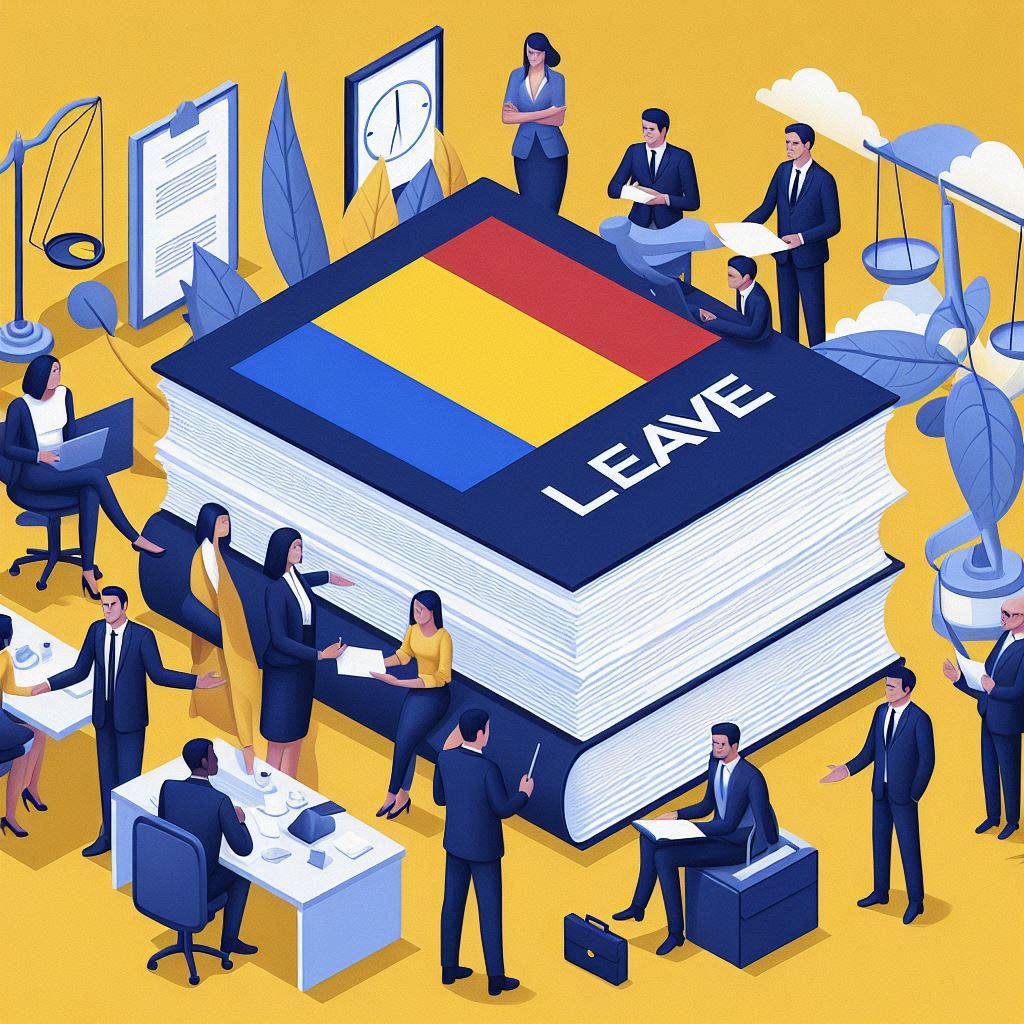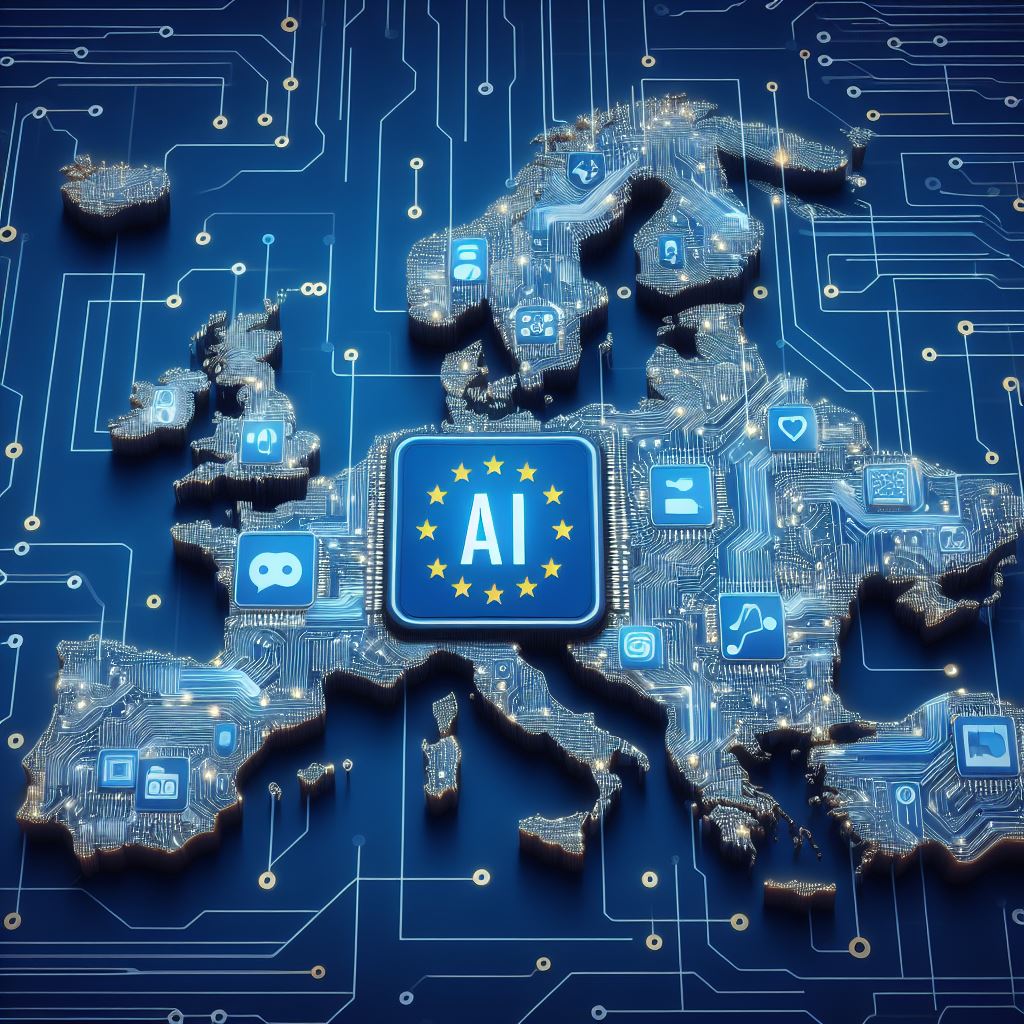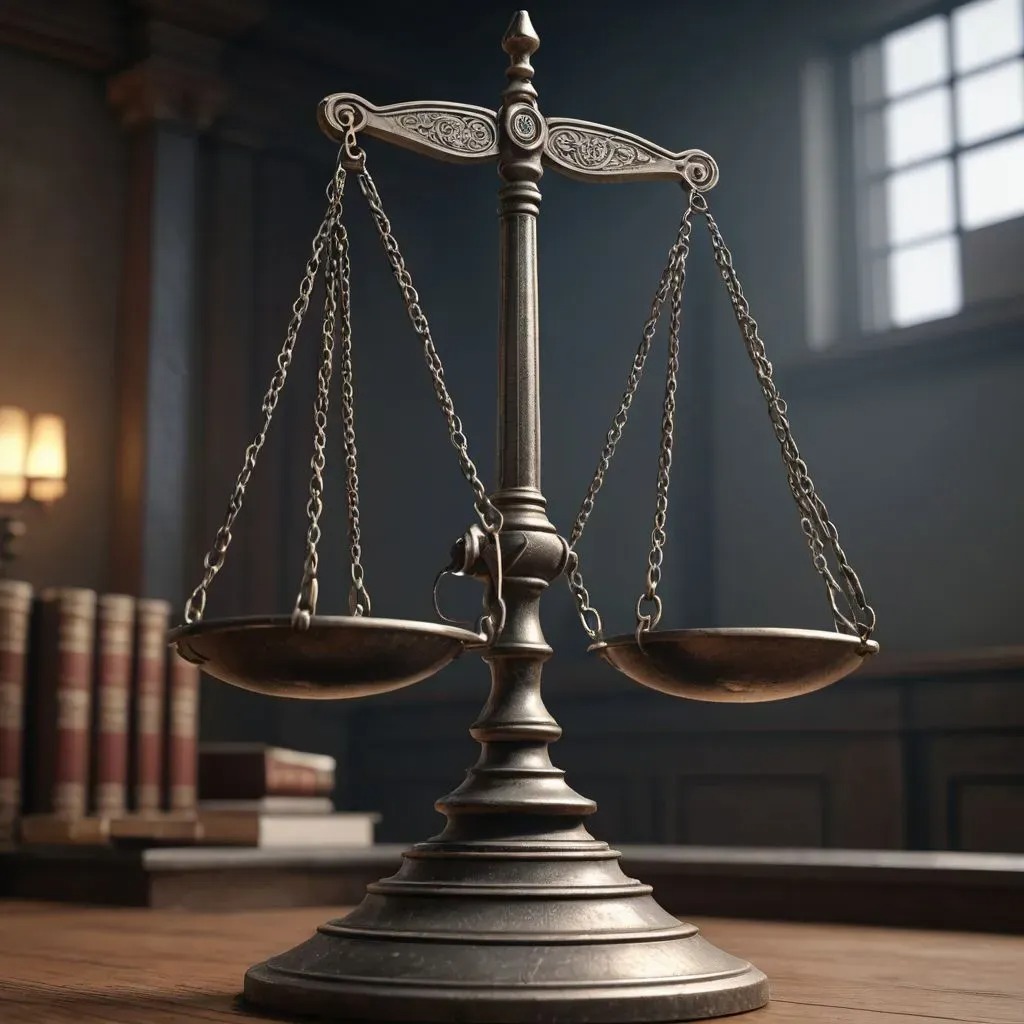Business Crime Laws and Regulations Report 2024: Romania Insights
Business Crime Laws and Regulations Report 2024: Romania Insights
If you own a business in Romania, knowing the laws and how they apply to business crimes is key.
Crimes like securities fraud, accounting mistakes, bribery, and breaking competition laws can lead to big problems.
It’s important to understand your legal duties and the risks your business might face.
This knowledge helps with managing risks, preventing fraud, and following the law.
Key Takeaways
- Get to know the laws and rules about business crimes in Romania, like the Romanian Criminal Code and anti-corruption laws.
- Find out who looks into and charges business crimes, such as the National Anticorruption Directorate (DNA) and the Financial Guard.
- Know how the criminal courts in Romania work and how they decide where to handle business crimes.
- Be aware of the laws used to tackle securities fraud, accounting fraud, bribing officials, and other business crimes.
- Use strong controls, whistleblower policies, and anti-corruption steps to lower your legal and reputation risks.
Legal Framework for Business Crimes in Romania
Romania has a strong legal system for business crimes.
The Criminal Code is the main law, along with laws for specific crimes.
The country has signed major anti-corruption treaties, showing its fight against bribery and corruption.
Key Laws and Regulations
The main laws for business crimes in Romania are:
- The Criminal Code, which lists criminal acts in business
- Law No. 78/2000 for preventing, detecting, and punishing corruption
- Sectoral laws for crimes like securities fraud, tax evasion, and competition violations
Definition of Bribery and Corruption
In Romania, bribery means giving or promising money or benefits to someone who can influence official actions.
This can be direct or indirect.
Passive bribery is when a public official asks for or takes these benefits.
Corruption includes crimes like influence peddling and buying influence.
Romania’s laws cover a wide range of illegal acts, from fraud to bribery.
Knowing the laws and what bribery and corruption mean helps business owners follow the rules.
This way, they can avoid criminal charges.
Authorities Prosecuting Business Crimes
In Romania, the main groups that handle business crime cases are the regular Prosecutor’s Offices (POs) and the Judicial Police.
They get help from specialized units like the National Anticorruption Directorate (NAD) and the Directorate for Investigating Organized Crime and Terrorism (DIICOT).
These units have offices in many places.
Who gets to investigate a crime depends on the crime type and the accused’s status.
National and Regional Enforcement Agencies
The Romanian authorities for fighting business crimes include the Romanian Anti-corruption Directorate (DNA), the General Anti-corruption Directorate (DGA), the Directorate for the Fight against Fraud (DLAF), and the National Integrity Agency (ANI).
The DNA looks into big corruption cases, like those involving stolen European Union funds.
The DGA fights corruption across the country and uses judicial police. The DLAF works under the Prime Minister and helps fight fraud in Europe.
The ANI checks the money and interests of public officials to find wrongdoings and conflicts of interest.
Jurisdictional Determinations
Who gets to investigate a crime usually depends on where it happened.
But, the PO and the High Court of Cassation and Justice can take over cases of certain people or complex issues.
This is even if they’re not usually in charge.
Sometimes, different groups can investigate the same case if there’s no single database for all crimes in Romania.
Structure of Criminal Courts in Romania
The Romanian criminal court system is set up with a focus on where cases are heard.
The main courts for criminal cases, like business crimes, are the Ordinary Courts, Tribunals, and Courts of Appeal.
Romania has no special criminal courts, but military courts handle cases for military personnel.
At the start, the Ordinary Courts deal with a wide range of criminal cases.
They handle cases related to businesses too.
Then, the Tribunals take on more serious criminal cases, including business-related ones.
The Courts of Appeal review appeals from the Tribunals.
At the top, the High Court of Cassation and Justice is the highest court.
It makes sure the law is applied the same everywhere in Romania.
Romania’s courts follow a system where professional judges make the decisions.
There are no juries involved.
Understanding the structure and roles of Romania’s criminal courts is key for businesses.
It helps them deal with legal issues and criminal matters that might come up.
Common Statutes for Prosecuting Business Crimes
Securities Fraud and Insider Trading
Romanian law makes it clear that securities fraud and insider trading are serious crimes.
These include lying about a company’s finances and using secret information for personal gain.
Such actions must show a clear intent to break the law and are covered by specific laws.
Accounting Fraud and Embezzlement
Creating false financial records is a crime under Romanian law.
This includes making up fake income, expenses, or assets.
Other crimes include fraudulent management and bankruptcy.
All these crimes need to show a clear intent to commit fraud.
Bribery of Government Officials
Bribing public officials is a big no-no in Romania.
It includes both giving and taking bribes.
Other crimes are trying to influence decisions and buying influence.
The law also covers embezzling EU funds and adds more serious charges for certain crimes.

Business owner guide criminal offenses Romania
If you own a business in Romania, knowing the laws about tax crimes and competition violations is key.
These laws can lead to big fines and long prison times.
Tax Crimes and Evasion
In Romania, tax fraud is covered by Law No. 241/2005.
It includes things like making false income or expense reports, not reporting real business activities, hiding money, or making fake accounting records.
These actions need to be intentional and can lead to up to 15 years in prison if the tax evasion is over €500,000.
Competition Violations and Cartels
Romanian law also tackles unfair business practices.
This includes using fake business names, selling goods with false brand names, or sharing business secrets through spying (Article 5 of Law No. 11/1991).
Cartels that try to stop, limit, or change competition are also illegal under Article 65 of Law No. 21/1996.
Businesses in Romania need to follow these laws closely to avoid legal trouble.
Getting legal advice from a specialized lawyer in Romania can help you understand the rules better and lower the risk of breaking them.
Government Contracting Fraud
In Romania, crimes linked to government contracts and misuse of public funds are handled by the Criminal Code and Law No. 78/2000 on anticorruption.
These crimes include altering public procurement, embezzling EU grants, and using office for personal benefit.
A 2019 study by the National Anticorruption Directorate (DNA) found that most EU fraud in Romania from 2015 to 2018 was about misusing agricultural subsidies.
Criminals used fake lease contracts, forged signatures, and false declarations to get subsidies.
Public procurement makes up a big part of many countries’ economies, around 15% to 30% of GDP.
The United Nations Office on Drugs and Crime says up to 25% of a contract’s value can be lost to corruption.
In Eastern Europe, investigations have shown issues like overcharging, no competition, and contracts going to connected companies.
| Country | Corruption Trends in Public Procurement |
|---|---|
| Croatia | About half of contracts go to state-owned or connected companies. |
| Hungary | Companies tied to the ruling party got 5.4% of contracts in 2017 and 3.7% in 2018. |
| Montenegro | Well-connected families’ companies got almost a third of all procurements. |
| Romania | Public authorities often pay for overpriced goods and services, linked to fraud and money laundering. |
| Bulgaria | The procurement system often has unnecessary, technical requirements that help preferred bidders. |
| Albania | There’s a lack of competition due to tender specifications that fit certain firms. |
The Romanian government has started to fight these issues.
It set up the National Anticorruption Directorate (DNA) in 2003 and made laws against EU financial fraud.
But, more efforts are needed to make sure public funds are used fairly and transparently.
Romanian law makes it illegal to steal or misuse important economic secrets.
It also covers various crimes linked to organized crime.
This includes sharing, taking, or using secrets from companies without permission (Article 5 of Law No. 11/1991).
Financial Fraud and Money Laundering

In Romania, financial fraud crimes like taking assets without right, making false accounts, and taking money for oneself are serious.
The country has strong laws against money laundering.
This includes Law No. 129/2019, which follows the EU’s 5th AML Directive.
It’s important for businesses in Romania to follow these money laundering laws.
Anti-Money Laundering Regulations
Romania’s laws aim to stop money laundering and terrorist financing through the financial system.
Banks, financial groups, and some businesses must check who they work with, report strange transactions, and keep records.
Not following these rules can lead to big fines and other punishments.
- The maximum penalty for individuals convicted of money laundering in Romania is 3 to 10 years of imprisonment.
- Legal entities can face fines ranging from RON 18,000 to RON 1,500,000 for money laundering offenses.
- Tax evasion, embezzlement, fraud, and bribery are common predicate crimes for money laundering in Romania.
- The National Agency for the Management of Seized Assets (NAMSA) was established in 2015 to help recover assets and manage seized assets.
| Sector | Percentage of Money Laundering Cases |
|---|---|
| Banking and Financial Services | 60% |
| Real Estate | 20% |
| Retail and Trade | 15% |
| Other Sectors | 5% |
To fight financial fraud and money laundering in Romania, we need a strong plan.
This includes enforcing money laundering laws, recovering stolen assets, and working with other countries.
By knowing the laws and the latest trends, Romanian business owners can protect their businesses and follow the law.
IP Infringement and Industrial Property Crimes
Protecting your business in Romania means knowing about IP infringement and industrial property crimes.
The Romanian Criminal Code and other laws make it illegal to make, import, distribute, or sell fake products with someone else’s trademark without permission.
IP infringement and industrial property crimes can lead to financial gain by misusing patents, trademarks, and other industrial property.
Romanian businesses must protect their intellectual assets to avoid counterfeit goods and trademark violations.
Recently, Romania has seen a lot of IP infringement Romania and industrial property crimes Romania.
These crimes have caused big losses, especially in music, movies, and software sectors.
To fight these crimes, Romania has set up agencies and courts to handle IP cases.
Businesses need to keep up with the latest laws and work with these groups to protect their intellectual property.
Knowing the laws and taking steps to protect your IP can help Romanian business owners avoid IP infringement and industrial property crimes Romania.
Being alert and working with authorities can keep your business successful and competitive in Romania.
Conclusion
As a Romanian business owner, knowing the laws about business crimes is key.
You should learn about laws for things like securities fraud, accounting fraud, and bribery.
Also, understand laws on tax evasion, competition violations, and more.
Knowing who enforces these laws and how courts work helps you protect your business.
By having strong rules inside your company, you can deal with legal issues better.
This keeps your business safe from legal trouble.
Always focus on following the law and reducing risks for your business.
By being careful and following Romanian business laws, you can make your company successful and grow.
This is important in the changing Romanian business world.
FAQ
What are the key laws and regulations governing business crimes in Romania?
Key laws include the Romanian Criminal Code and Law No. 78/2000 on preventing corruption.
There are also laws for specific crimes like securities fraud and tax evasion.
Romania follows major international anti-corruption agreements.
How is bribery and corruption defined under Romanian law?
Bribery means giving or promising money to someone who can influence an official act.
It includes both active and passive bribery.
The Criminal Code outlines these offenses.
What are the main authorities responsible for investigating and prosecuting business crimes in Romania?
The main authorities are the Prosecutor’s Offices and the Judicial Police.
The National Anticorruption Directorate and the Directorate for Investigating Organized Crime and Terrorism also play key roles.
How is the jurisdiction for criminal cases determined in Romania?
The place where a crime happened usually decides where it’s investigated.
But, the Prosecutor’s Office can take over complex cases, even if they’re not their usual area.
What is the structure of the criminal court system in Romania?
Romania’s courts are organized by location, with Ordinary Courts and higher courts.
There are no special criminal courts, except for military courts.
Tribunals handle most business crimes.
What are some of the common statutes used to prosecute securities fraud and insider trading in Romania?
Laws criminalize various securities fraud and insider trading acts.
This includes false financial statements and the misuse of privileged information.
Market manipulation is also illegal.
How are accounting fraud and embezzlement prosecuted in Romania?
False accounting is a crime under the Criminal Code.
So is fraudulent management and bankruptcy.
These crimes are serious offenses.
What is the legal framework for prosecuting bribery of government officials in Romania?
Bribery of officials is a crime under the Criminal Code.
It includes giving or taking bribes.
There are also laws against traffic of influence and buying influence.
How are tax crimes and evasion prosecuted in Romania?
Tax fraud is a serious crime in Romania. It includes hiding income or assets and false accounting.
The punishment can be up to 15 years in prison if the evasion is over €500,000.
What are the main competition violations and cartel offenses criminalized in Romania?
Romania bans behaviors that harm competition.
This includes false business identities and industrial espionage.
Cartels that harm competition are also illegal.
How are government contracting fraud and the misuse of public funds prosecuted in Romania?
Fraud in government contracts and misuse of public funds are crimes.
They are prosecuted under the Criminal Code and anti-corruption laws.
What are the legal provisions regarding economic espionage and organized crime in Romania?
Economic espionage and organized crime are illegal.
The law covers theft of economic secrets and misuse of commercial information.
How are financial fraud and money laundering addressed in Romania’s legal framework?
Financial fraud and money laundering are serious crimes.
Romania has strong laws against them.
Businesses must follow strict anti-money laundering rules.
What are the legal provisions regarding intellectual property infringement and industrial property crimes in Romania?
Romania has laws against intellectual property crimes.
This includes selling fake products with real brands.
Misusing patents and trademarks is also illegal.







